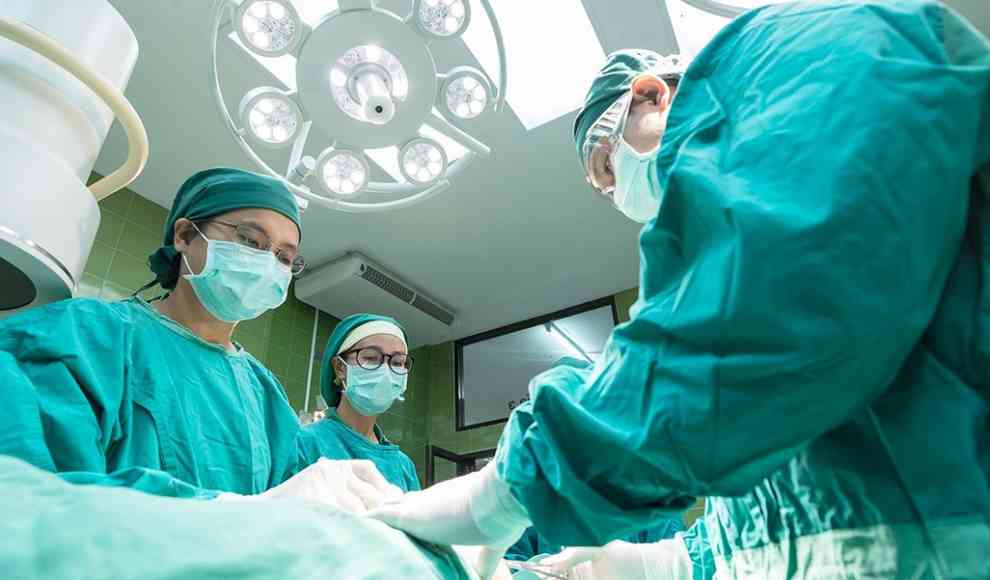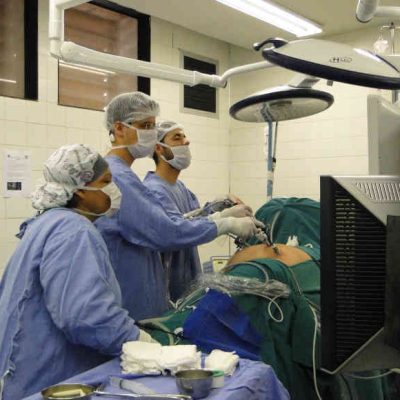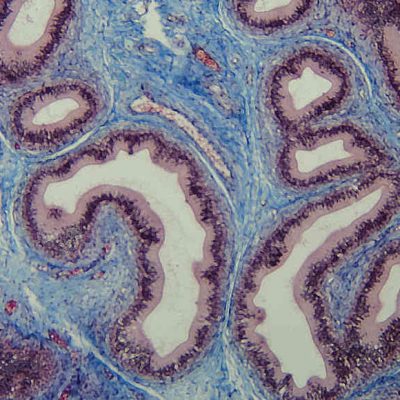In response to the global shortage of donor hearts, British and Dutch doctors are planning to transplant hybrid hearts into patients in need. Traditional donor organs, such as hearts, are in short supply not only in Germany but also in other European countries. In Germany, for example, only 300 hearts are transplanted each year, while 700 are needed. To address this ongoing shortage, British and Dutch doctors have developed a new type of hybrid heart that combines plastic and human cells. The heart is powered wirelessly by an implanted coil and battery, which can be charged using a special jacket. Although the hybrid heart can only beat for about an hour without the jacket, it allows the wearer to shower or bathe without restrictions.
The new hybrid heart has been hailed as a significant development by researchers and medical professionals alike. Professor Dietrich Andresen, a heart specialist at the German Heart Foundation and the Johannesstift Diakonie in Berlin, supports the project, stating that “our heart is actually a very simple organ with a difficult task: it has to pump seven tons of blood through our body every day. If it can no longer do that, in many cases, the only option is a heart transplant with a donor heart.” However, donor organs, including hearts, are often rejected by the body, and patients must take medication for the rest of their lives to prevent rejection. Additionally, there are simply not enough donor hearts available to meet the demand.
The British and Dutch doctors plan to transplant the first hybrid heart into a human body by 2028. However, the road to product readiness and medical approval is long and challenging, and many obstacles must be overcome before the first transplant can take place. Despite these challenges, the development of the hybrid heart offers hope for patients in need of a heart transplant and may provide a solution to the ongoing shortage of donor organs.










